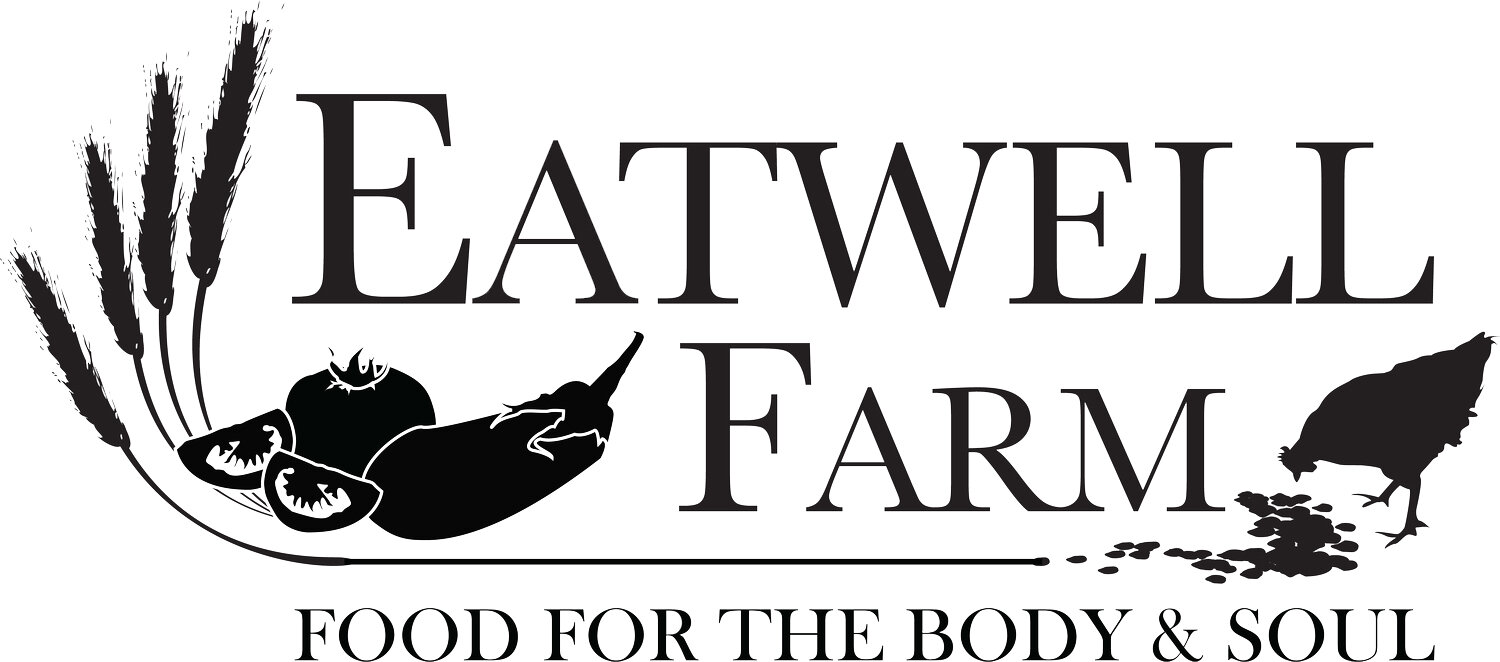 They are referred to as Chicken Palaces around here. Each house has roosts, nest boxes, drinking nipples inside and underneath, shade cloth and now misters. All to keep the chickens happy and laying well. Each house has about 500 hens and the doors are left open 24/7, closed only when we move the houses. The houses are surrounded by an electric fence to protect the 'ladies' from coyotes. Daisy, our guard dog, is added protection against coyotes and stray dogs.
They are referred to as Chicken Palaces around here. Each house has roosts, nest boxes, drinking nipples inside and underneath, shade cloth and now misters. All to keep the chickens happy and laying well. Each house has about 500 hens and the doors are left open 24/7, closed only when we move the houses. The houses are surrounded by an electric fence to protect the 'ladies' from coyotes. Daisy, our guard dog, is added protection against coyotes and stray dogs.
They are fed alfalfa which they graze on, organic layer pellets, our home grown wheat (1st year transition to organic), oyster shell mix, mineral grit and all our waste veggies. They do very nicely thank you. They way you can tell is to crack open an egg and see how hard it is to crack the shell. Inside the yolk is firm, plump and bright yellow. Tasting is believing. As you eat the eggs you also know that the chickens are cared for. We do not de-beak the girls.
At any one time their are four houses producing eggs and another raising a new flock every six months. The girls lay for 2 years and then go for chicken stock.
The eggs are washed using the same technology as the big egg packers; a sani-touch egg washer. The cleaner we use is seventh generation Automatic Dishwasher powder. This was selected by the Egg Inspector and our organic certifying agency CCOF. We are registered egg handlers and keep all the required records.
The Eggs are no longer certified organic as we feed wheat that we have grown on an adjacent field that is not yet certified organic. It was grown organically by us but requires another 2 years of organic farming on that land for the crops to be certified organic. We are trying to grown our own feed or source it locally.
We are learning all the time.
Vote yes on prop 2. Get the chickens out of cages in Confined Animal Feeding Areas COFA's. It is ridiculous to call them chicken farms, they are just factories.

